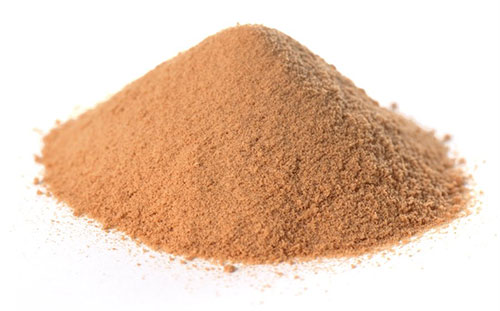BrewerofBeers
Well-Known Member
Does anyone use this for the short-term benefits? Which would be prevention of oxidation in such a significant way as to make beer taste better. Used in the mash or whirlpool. Can it make your fresh ingredients pop?
Seeking some insight and "talk" about tannic acid -- you might have heard it go by Brewtan-B or Tanal-B. It's been around in the brewing world for decades (not as long as the supporting scientific research), and is available to homebrewers.
I haven't used it yet so, instead of experimenting, why not see if there is wisdom out there ....somewhere...as I blow a puff of tannic acid into the wind....

Seeking some insight and "talk" about tannic acid -- you might have heard it go by Brewtan-B or Tanal-B. It's been around in the brewing world for decades (not as long as the supporting scientific research), and is available to homebrewers.
I haven't used it yet so, instead of experimenting, why not see if there is wisdom out there ....somewhere...as I blow a puff of tannic acid into the wind....

Last edited:



